|
You may have noticed stories in the news about AI (Artificial Intelligence) tools in the past few weeks. The main ones that are currently being talked about are ChatGPT (Chat Generative Pre-trained Transformer) Bing AI and Google Bard, but there are many others. In the coming weeks, the library staff will keep a close eye on this emerging technology and what it will mean for you and its possible application in healthcare.
These AI Chat tools are computer programs that can hold conversations with people, kind of like an AI-powered chatbot you might encounter online. It uses a technique called "machine learning" to generate responses to text-based inputs, like questions or comments. Essentially, they have been trained on a huge dataset of language and can generate responses that sound like they could have been written by a human. People can use these tools to ask questions or to have simulated conversations about various topics. Some people think they could be a useful tool for learning and searching for evidence, while others worry that it could replace human factors or contribute to AI generated content which could change the evidence landscape. It is early days for these tools and while they are interesting to play around with (to see what is possible) I would not recommend using them just yet to make evidence-based decisions. Holly Cook ([email protected])
0 Comments
Health Literacy is the ability to access, understand, appraise and use health information to make health-related decisions. In the UK research shows that 43% of adults struggle with text-based health information; rising to 61% if the information includes numbers as well as text. People working in health and social care need to be aware of health literacy and the techniques that can help to increase understanding. Find out more on the Health Literacy Knowledge Hub. For more information please get in touch:
Library & Knowledge Service Tel: 01625 66 1362 Email: [email protected] The library has a wide selection of books and e-books to help improve your wellbeing.
Fiction: why not relax with a book from our fiction collection! Self-help: a range of books are available to help you improve your physical and mental health. From stopping smoking, to improving your diet and exercise regimes, and relaxation and meditation. The Library and Knowledge Service now has access to the BMJ Best Practice Comorbidities tool. Add your patient’s comorbidities and get an instant, tailored management plan. The BMJ Best Practice Comorbidities tool is the only point of care tool that supports the management of the whole patient by including guidance on the treatment of a patient's acute condition alongside their pre-existing comorbidities. Healthcare professionals are prompted to consider the patient’s comorbidities when accessing treatment information. The tool then produces an initial management plan that is tailored to the unique needs of the patient. You can access the tool via BMJ Best Practice with your Athens username and password here: https://bestpractice.bmj.com/ Did you know we have a wide range of digital resources, which can all be accessed at anytime, from anywhere?
Online clinical decision support tools, UpToDate and BMJ Best Practice, help to make patient care decisions. Available online and via apps. E-journals - search and read the latest research information. Can't get into the library? Why not 'check-out' an e-book! Over 1,000 titles are now available to all trust staff and learners on placement. Search the catalogue to see what titles are available. All resources are accessed with an NHS Athens account - set yours up today by completing a short online form. The library also has laptops, webcams and headsets you can borrow, along with the PCs in the library which are all available 24/7. Or why not borrow the VR headset and enjoy the mindfulness apps or brush up on your anatomy knowledge? If you're not very confident using a computer the library staff are happy to help you. Computers are usually available in the library for you to drop-in, or you can ring ahead to book one. We have a range of free online training tools which can help you build your skills and confidence, just ask if you would like some assistance to get going and we will be happy to help. For more information please get in touch: Library & Knowledge Service Tel: 01625 66 1362 Email: [email protected] The library has added a new tool for you to get in touch with them. Along with the usual email address and telephone number you can now ask them a question directly via the Chatbot on the library webpage.
Just visit www.eastcheshirenhslibrary.net and click on the ‘Have a question?’ tab at the bottom of the page to start the chat. The chatbot option will be available Monday to Friday between 9am and 4pm. Outside of these times it is possible to leave a message. The library has recently purchased a number of new books concerning different cancers and their treatments, nursing care of cancer patients and pain management for those living with cancer. All the books are available to borrow from the library, if you are not already a member we can quickly get you signed up. New books are added to the library throughout the year, so do check the library catalogue to see what is available within your specialist area. You can also send in suggestions for stock purchases to [email protected] There is also an ‘Oncology knowledge hub’ on the library website with lots of information on other resources available to you https://www.eastcheshirenhslibrary.net/oncology.html And a reminder of the newly launched HEE NHS Knowledge & Library Hub discovery tool….. Any questions about this or any other aspect of the library service please do get in touch.
The library offers an evidence search service to all trust staff - save your time and send your evidence / literature search requests to the library. We will conduct the search on your behalf and email you the results. Searches can be requested online or via email. The search report will include links to the full-text, where available. Access the full-text with your NHS Athens login.
We also support staff and learners to conduct their own searches. One-to-one training and support is available, for absolute beginners through to advanced searching. Contact Holly Cook, Clinical Librarian, to discuss how we can support you and to arrange any training. For more information please get in touch: Library & Knowledge Service Tel: 01625 66 1362 Email: [email protected] Every week is ‘Health Information Week’ when you are a Clinical Librarian but this week gives us chance to bring health information to a wider audience. We have always thought that the ability to find reliable, quality health information online would help in reducing the need for 'in person' services such as GP appointments and presentation at A&E.
This week (4th July) we will be visiting public libraries and demonstrating how best to find health information online and how to evaluate it as quality and reliable rather than opinion or fake news. Checking symptoms online can be a scary experience but Patient Info (formerly EMIS) has a symptom checker and is a reliable source of patient information. It also has a 'for professionals' section. Health forums on this site are clearly marked so you don't mistake them for clinically authored topics. It doesn’t hurt to remind people that if they aren't sure whether a condition warrants a visit to their GP or to a Pharmacist then the NHS website can advise on what immediate action to take as well as suggesting trusted organisations for support. The BBC have created a good 10-step guide for spotting misleading health news. There is no secret that doctors aren’t telling you and newspapers will always use the most extreme end of the evidence for their headline. Please don’t forget that all staff (inc. community and GPs) have access to UpToDate where you can find all the latest evidence on any condition or treatment. Simply access it from any Trust computer using the start-up menu (this is important as it contains a password free link) or you can access from elsewhere using the link above and your Athens username and password. For more information please get in touch: Library & Knowledge Service Tel: 01625 66 1362 Email: [email protected] For more information please get in touch:
Library & Knowledge Service Tel: 01625 66 1362 Email: [email protected] |
Archives
April 2023
|
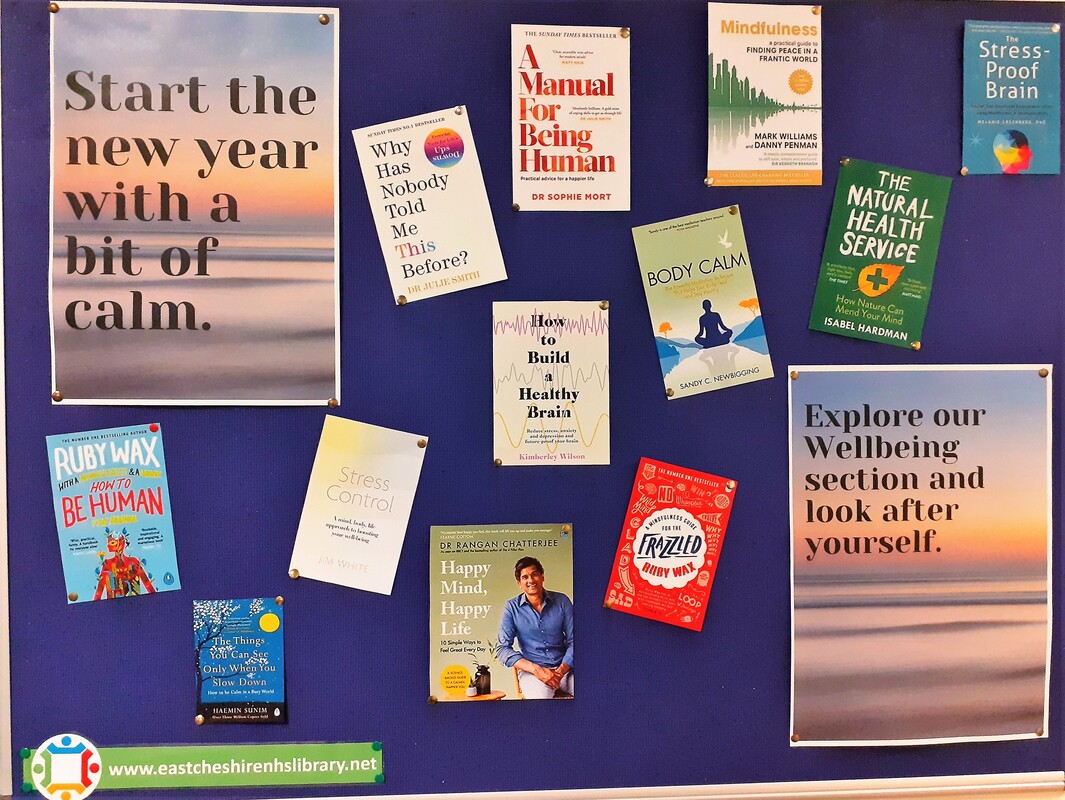
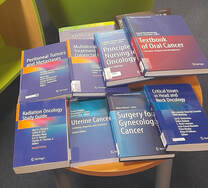
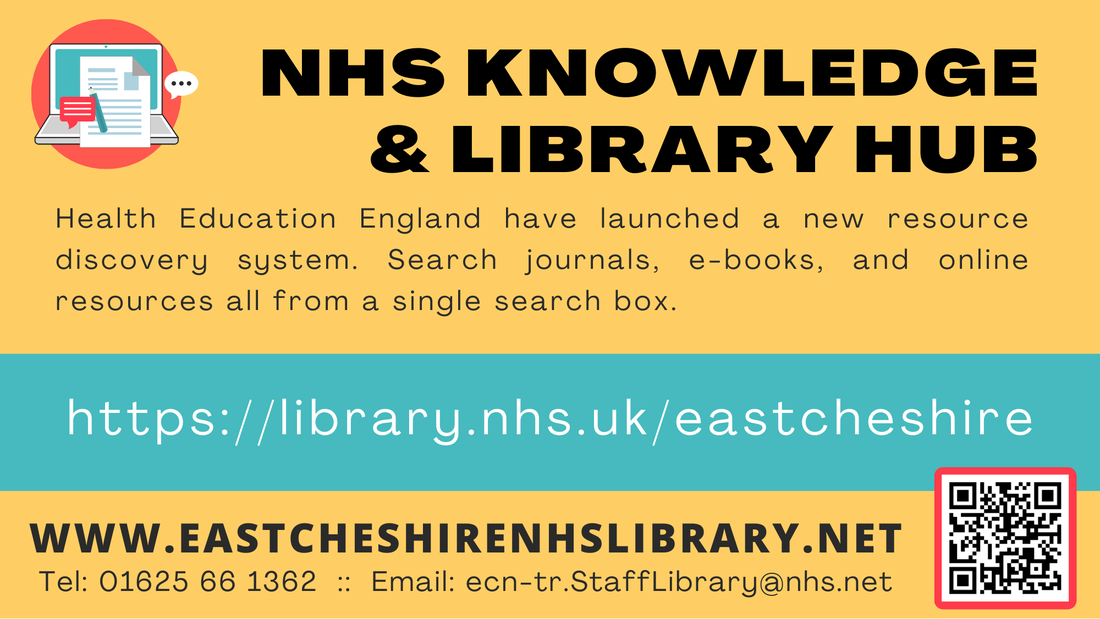
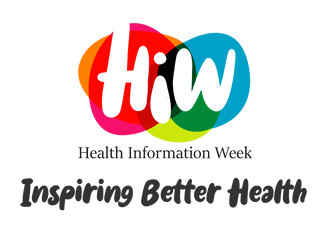
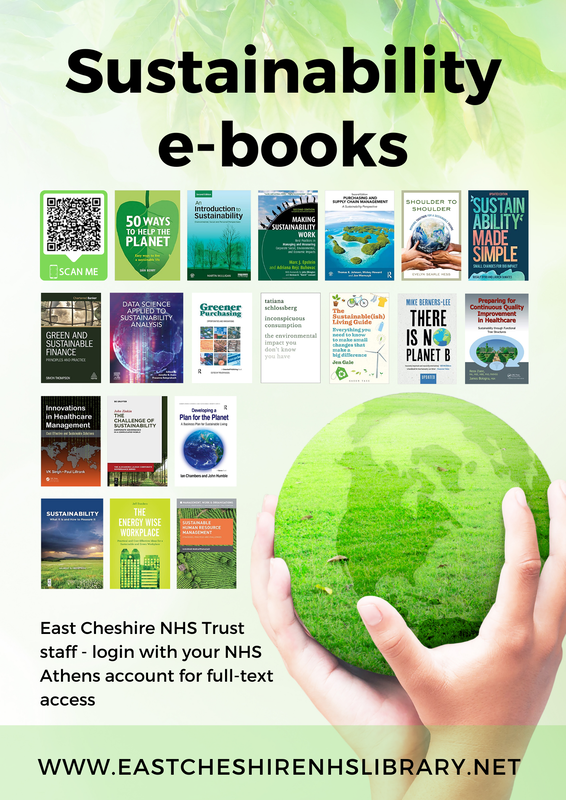
 RSS Feed
RSS Feed